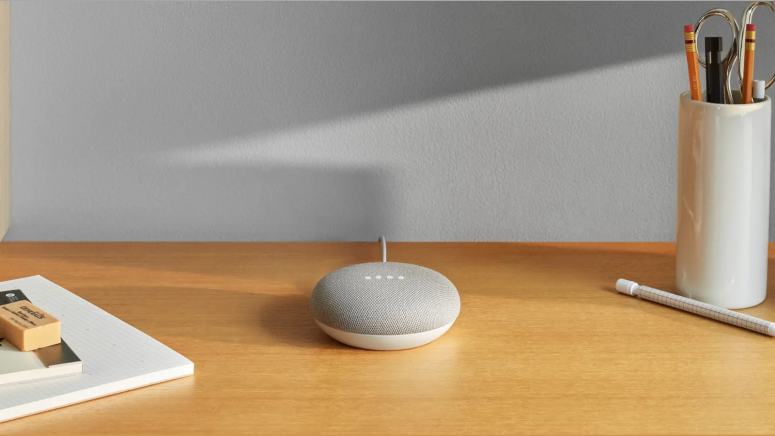
Google Assistant-Enabled Devices Are Reportedly Eavesdropping You
- According to VRT.be, devices that use Google Assistant are silently recording what you say.
- The news outlet has found out that in about 15% of the cases, there should be no recordings taking place.
- Google sends the audio to language reviewers who adjust and improve the AI’s ability to understand peoples’ accents.
According to recent revelations by VRT.be, Google Home speakers and smartphones that run the Google Assistant are secretly and discreetly sending audio recording files to Google, helping the tech giant improve their search engine and Assistant. The nasty part of the story though, is that these recordings are not only those that are logged after the user speaks the “Ok/Hey Google” device wake-up command but many occurring without it. Long story short, Google devices are recording us even when the Assistant is seemingly not used, activating the microphone without giving an indication to the user and capturing sensitive information that compromises people’s privacy.
Google employees can listen to all of these recordings, and although the company’s official position is that they are not eavesdropping on people, it really looks like they are. According to the details that were given by the Belgian news outlet, many of the audio recordings that they listened to contain sensitive information like the addresses of people, their names, and more. VRT got these recordings from agencies that work with Google in the audio reviewing program, and who shared 1000 recordings with the news outlet. As these sources confirm, Google isn’t after stealing your data, but after getting adjusted to the wide variety of different accents that characterize each person's speech. Simply put, Google listens to how we speak because they want to better understand what we’re saying.
The recordings go to Google’s employees who compare the audio to the automatically-generated text excerpt and make the needful corrections that will help the Assistant get better in understanding and responding to what users say. Google has reacted to the VRT claims through a post by David Monsees, the company’s Search Product Manager, saying that they are distressed by the fact that the audio recordings were leaked by one of their language reviewers, and that this will not happen again. Mr. Monsees assures that the Google Assistant only sends audio snippets after the user speaks the hotword, but VRT disagrees with that, saying that in 156 of the 1000 cases, the device started recording without the user giving the command.
The Belgian data authority has also urged people to file official complaints on their online platform, enabling the authority to take action and initiate an investigation against Google on the matter. The agency has already received relevant instructions from the Belgian minister for privacy, and while they accept Google’s explanations on why they are recording and analyzing audio snippets, they believe that users have not been informed of the process adequately by the tech company. Finally, erroneous cases of false Assistant triggering remain the dominant concern, and while Google isn’t accepting this scenario as plausible, VRT has reported otherwise.
Are you worried about the possibility of getting eavesdropped by your Google Home or Android smartphone? Share your thoughts in the comments beneath, or join the discussion on our socials, on Facebook and Twitter.







